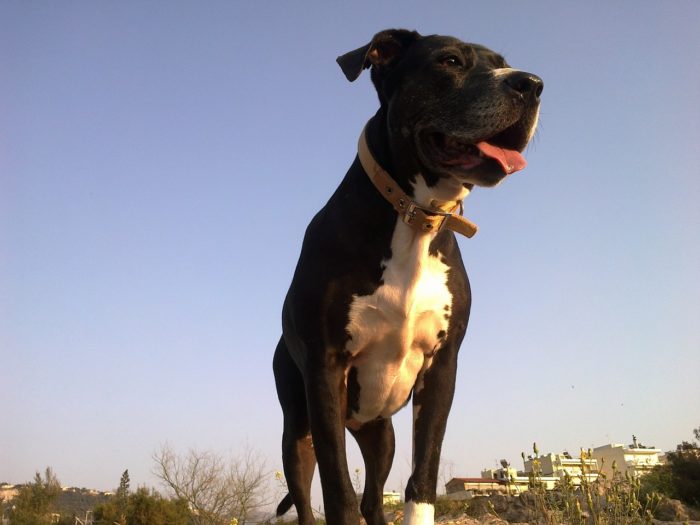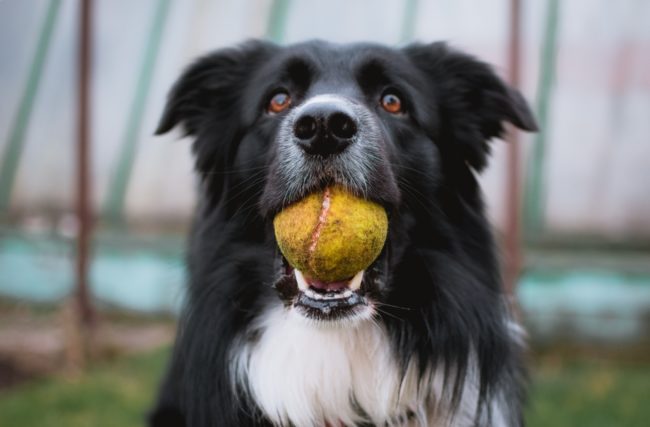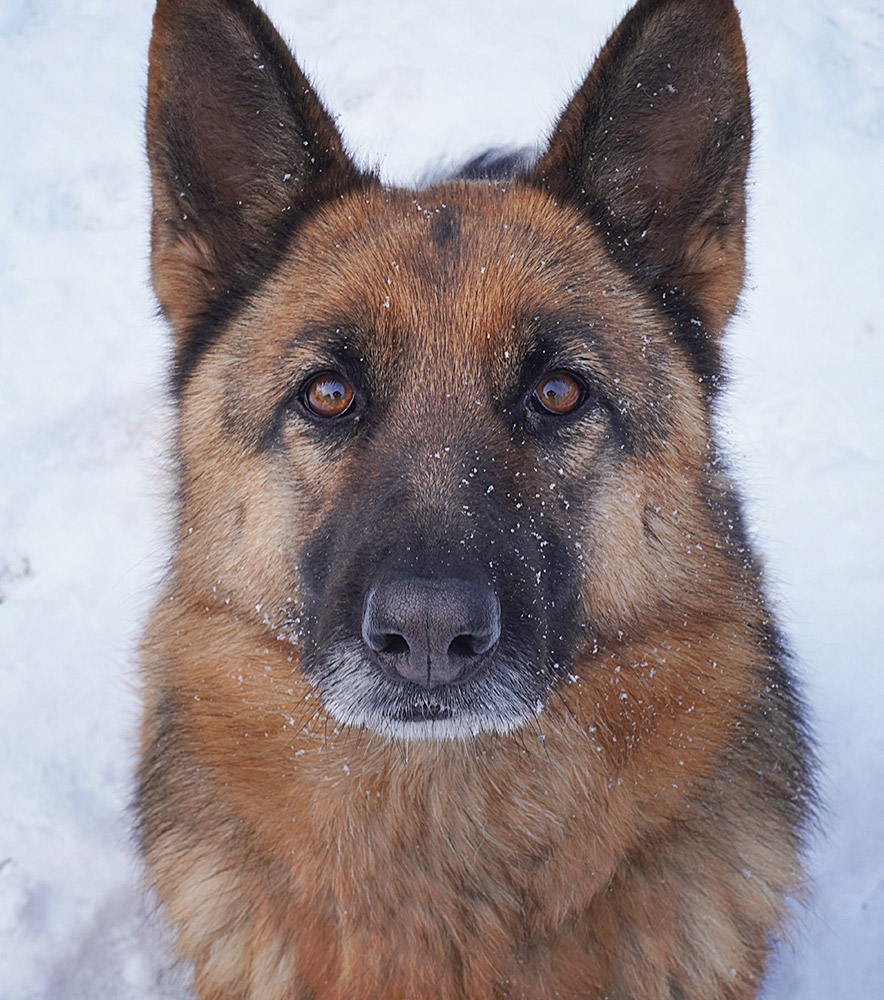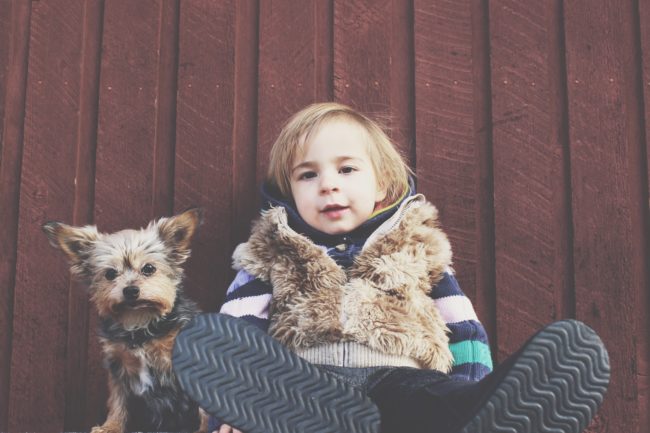Apologies, but no results were found. Perhaps searching will help find a related post.
Advice On Selecting The Best Service Dog Breed For You
Compare service dog breeds based on size, temperament, and work capacity. Find detailed breed descriptions and match the right service dog breed to your specific needs and lifestyle.
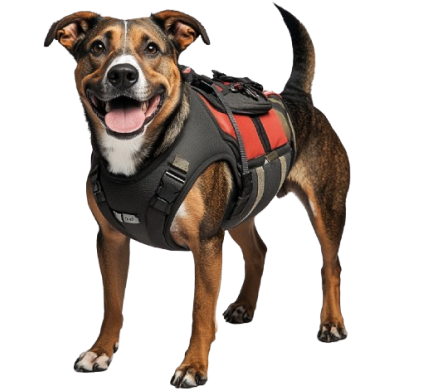
Most Popular Breeds Articles
Can a Pit Bull Be a Service Dog?
There are approximately 18 million Pit Bull-type dogs in the United States, (or 20% of the dog population). The "Pit Bull," however, is not a... Read more
Do Border Collies Make Good Service Dogs?
When choosing a service dog, whether it be for physical or psychiatric disability, it has to be "need over breed." Let's face it, you may... Read more
10 Best Psychiatric Service Dog Breeds
No other animal has the same kind of relationship with humans as dogs have. Over years of evolution, dogs have adapted to give companionship and... Read more
Can a Yorkie Be a Service Dog?
The Yorkshire Terrier is a big dog in a small package. With his silky coat and traditional "topknot," the Yorkie is sure to attract attention... Read more
Can a Maltese Be a Service Dog?
Who can resist the snow white coat, dancing eyes, and spunky nature of the Maltese? This cute, spritely little pooch excels at many things like... Read more
